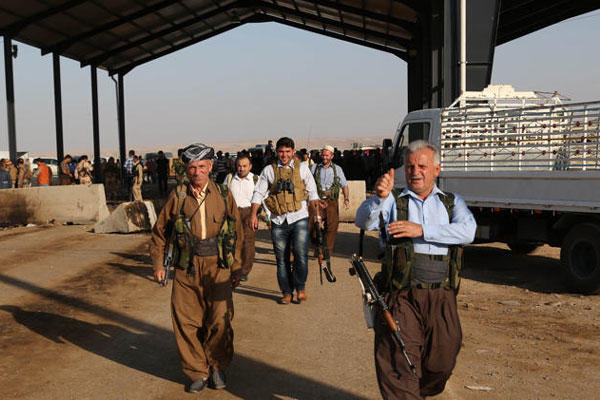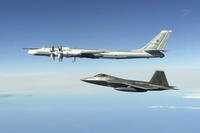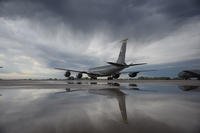Lawmakers in the U.S. House of Representatives on Wednesday will take up legislation calling on President Barack Obama to provide weapons and equipment directly to Kurdish Peshmerga forces in northern Iraq instead of sending them through Baghdad.
The Peshmerga have been the most aggressive and committed fighters in the country opposing the Islamic State in Iraq and Syria, or ISIS, since the group spread from Syria into Iraq in 2014. Lawmakers on both sides of the aisle have previously supported efforts to go around the Baghdad government to get arms to them.
"But they are also the least armed and equipped when compared with the Iraqi Army, the Iranian-backed Shiite militias or, crucially, ISIS itself," Rep. Ed Royce, R-California, chairman of the House Foreign Affairs Committee, told Military.com on Monday. "Having to route weapons to the Kurds through Baghdad inevitably delays shipments of desperately needed weapons. This has to change if we are going to defeat ISIS."
Royce last year introduced a bill to directly arm the Kurds but it failed to pass. He reintroduced it in March. It currently has 49 co-sponsors, including 35 Republicans and 14 Democrats.
Defense Secretary Ashton Carter told a House Armed Services Committee last week that the U.S. already is "sending arms directly to the Kurds."
The secretary said, "The mechanism by which that works is there is customs approval by the Iraqi government ... but there's no delay. A large number of arms and other kinds of equipment have reached the Iraqi Kurds from us and, I think I should say, by 12 other countries."
Carter conceded that the supply of arms slated for Sunni forces battling ISIS move "much more slowly, frustratingly through the Iraqi government." He did not elaborate.
Iraq finds itself in the middle of this war with ISIS -- whose ideology is based on an extremist, fundamentalist Sunni version of Islam -- because the Shiite-led government in power since the U.S. overthrew Saddam Hussain in 2003 has routinely discriminated against the Sunni population.
When ISIS, alternately called ISIL or Daesh, swept into Iraq in 2014, the largely Sunni Iraq army in the region in some cases fled without a fight. The Kurdish Peshmerga forces have been the exception.
Royce's legislation, said a committee source speaking on background, "provides a straightforward, unambiguous authorization to the president to use the resources available to the Department of State to directly arm the Kurdistan Regional Government. And this puts us in line with the United Kingdom, Germany, Canada and others."
The U.S. currently sends the weapons to the government of Iraq, which, "then ... must authorize and coordinate transfer of weapons to Kurdish forces," the source said. "Tragically, the Iraqi government has held up these shipments, resulting in Kurdish forces being outgunned in the fight against ISIS."
Masrour Barzani, the Kurdish intelligence chief, made that point last week, according to The Wall Street Journal.
"We haven't received the kind of equipment we want or the amount we need," he told the paper. "Ammunition shortages are sometimes acute, and many of the Iraqi Kurds' heavier weapons are antiques wrested years ago from Saddam Hussein's regime."
The administration believes that coordinating with the Iraqi government is important in terms of helping unify Iraq.
In a statement to Military.com, the National Security Council said the Iraqi government has strongly supported U.S. and coalition partner efforts to all Iraqi forces fighting against the Islamic State, including Kurdish and Sunni fighters, and has coordinated with the U.S. closely to ensure timely deliveries.
"We believe this policy is the most effective way to support the Coalition's efforts to combat ISIL and promote our policy of a unified, federal, pluralistic, and democratic state as envisioned in the Iraqi constitution," an NSC spokeswoman said. "This is also a legal requirement under current U.S. law. "
Instead of advocating for a policy that the White House believes would threaten a unified Iraq, it wants Congress to focus on passing a new authorization for the use of military force, or AUMF. The U.S.-led mission against ISIS is based on the authorization given to President George W. Bush.
"We believe the best action Congress could be taking in the counter-ISIL fight is to focus on passing a new AUMF," the NSC spokeswoman said.
That is the also view expressed last week by Carter and Marine Gen. Joseph Dunford, chairman of the Joint Chiefs of Staff. The two men said a new AUMF would signal to U.S. service members that Congress is united in supporting the war against ISIS.
-- Bryant Jordan can be reached at bryant.jordan@military.com





























